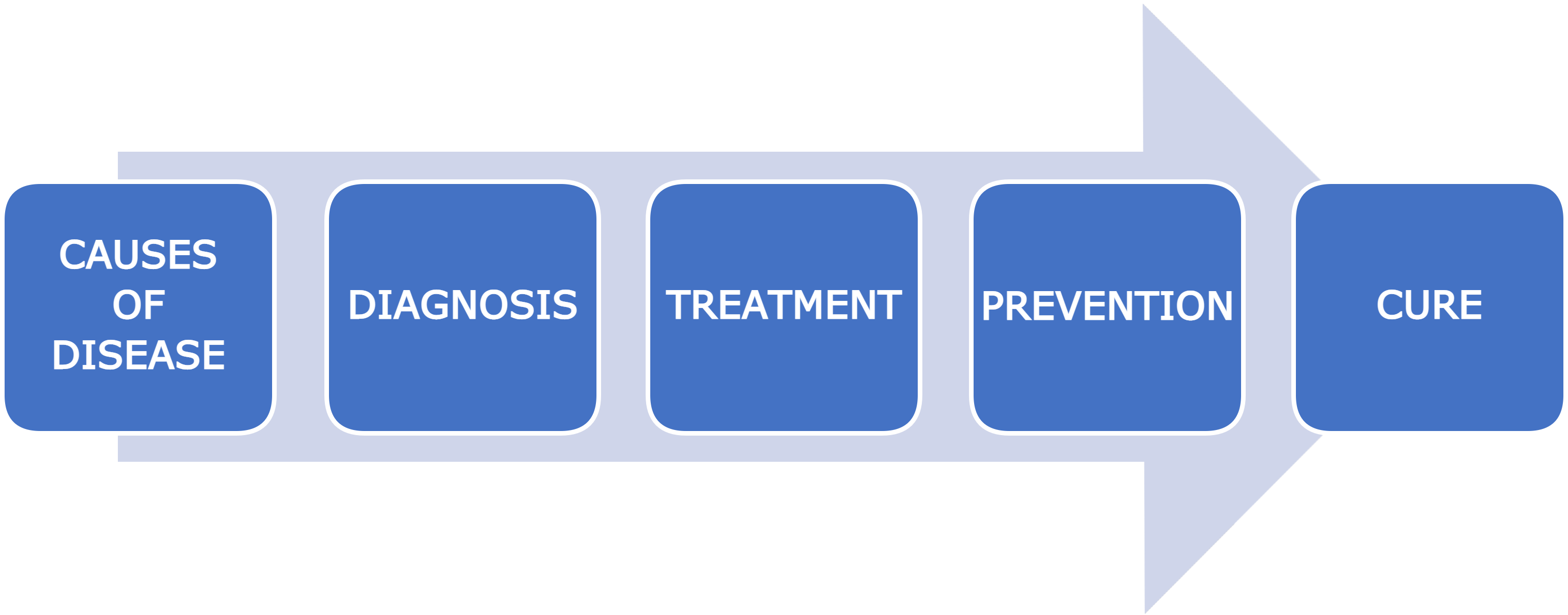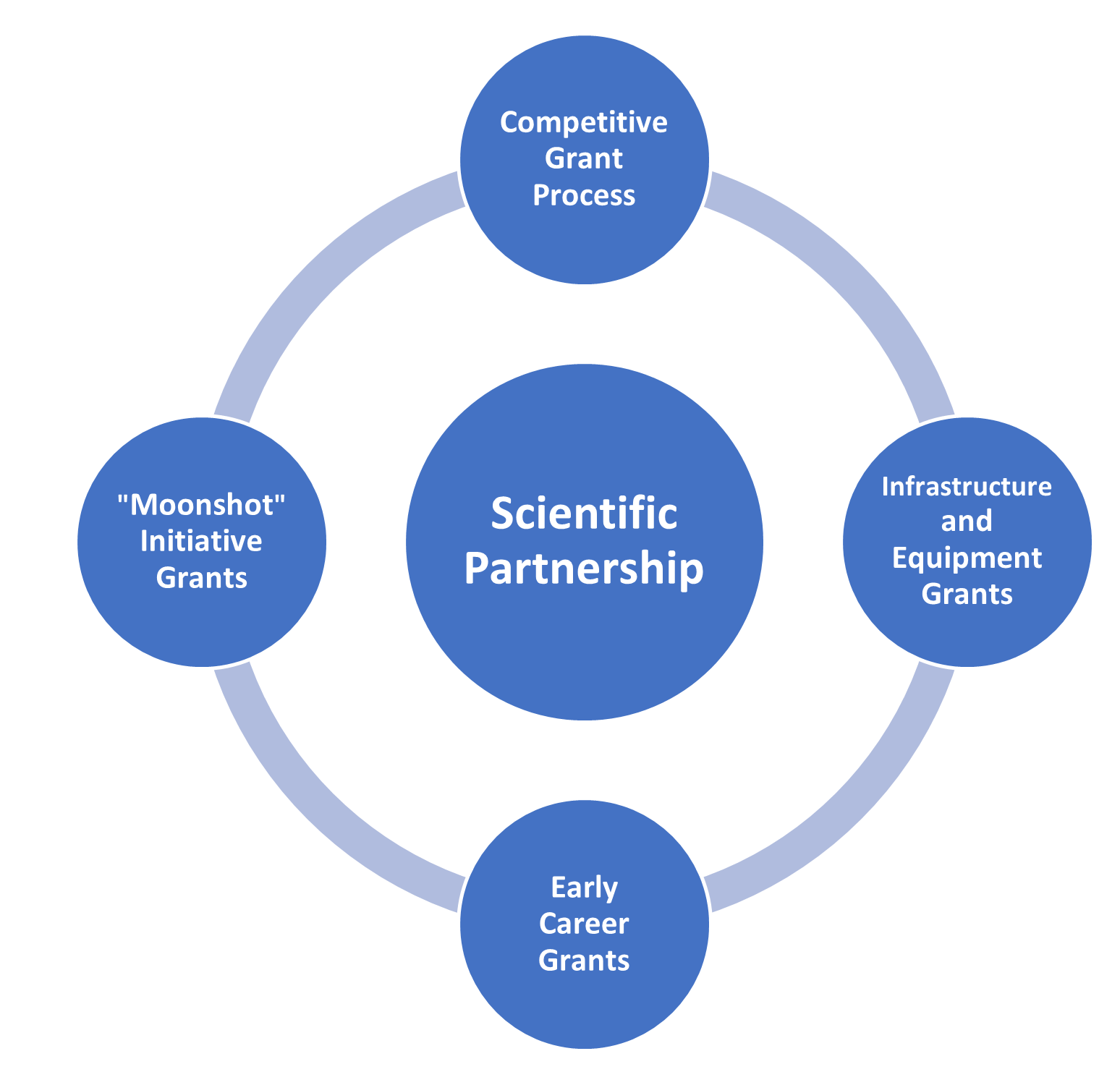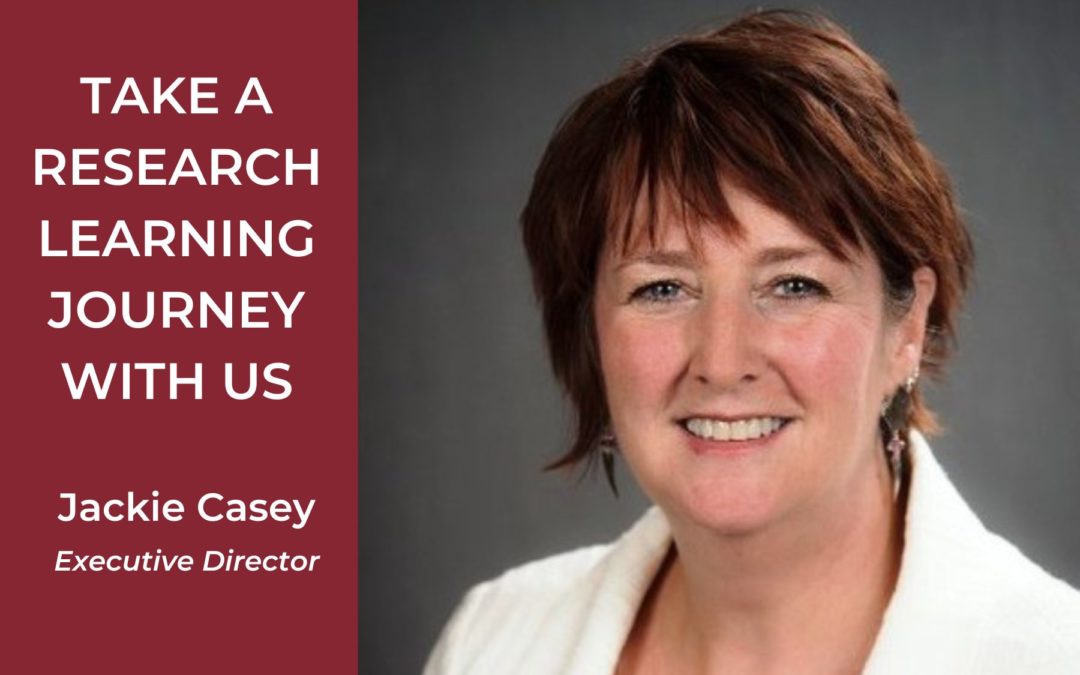Ever since becoming the Executive Director of the GastroIntestinal Research Foundation (Foundation), all my Zoom calls with my family start with a question from my brother with Crohn’s, “Have you found a cure yet?” While I can’t answer yes, I can tell him about the incredible research the Foundation is funding and its promise of a cure for Crohn’s and other digestive diseases. I value his continued urging to stay focused on the mission.
The Foundation’s approach to research funding is evolving in sophistication and in dollars awarded. In this past fiscal year 2022, the Foundation awarded just over $1.5 million in research grants. In early January, you can learn about that funding in our Year In Review report. Your support at all levels makes it happen and the Foundation wants to make understanding the research and its promises accessible to all our donors and readers.
This fiscal year 2023 (beginning on July 1, 2022), the Foundation will award almost $13 million in research dollars. That stunning growth is the result of donors like you at all levels of giving making an investment and directed donations helping us launch new grantmaking initiatives.
The Foundation’s strategy calls for funding research from discovery in the lab to the patient’s bedside. Research is hope. With each grant request, we ask, “How will this/could this improve patient outcomes and eliminate suffering?”

The Foundation’s funding strategy targets research across the disease spectrum from understanding the causes of disease, ensuring accurate diagnosis and successful treatment and disease monitoring, discovering prevention pathways, and developing cures.
The Foundation’s research funding strategy uses several grantmaking mechanisms. The strategy evolves with new scientific breakthroughs and lessons learned. The strategy centers on scientific partnership, especially with our long-time partner the University of Chicago Digestive Diseases Center.
- An annual competitive grant process evaluates proposals from investigators and physician-scientists at the University of Chicago who are working across the digestive disease states (i.e., Crohn’s, ulcerative colitis, celiac, etc.) and across the research spectrum from laboratory discoveries to clinical applications.

- Based on the knowledge that ground-breaking research needs best-in-class facilities and state-of-the-art equipment to achieve desired results and attract world-class scientists, the foundation provides critical capital funding that is almost impossible to get from traditional medical research funders.
- Based on the belief that building a diverse scientific field is key to sustaining the research pipeline, the Foundation’s early career awards seek to nurture young investigators, inviting bold new ideas.
- With donor-directed grants, the Foundation has launched one “moonshot” initiative, CA CURE, with a focus on digestive system cancer cure research (specifically immunotherapies and personalized vaccines). Using a competitive proposal process, project ideas from leading scientists across the country, including human clinical trials, are evaluated for funding. The second initiative, regenerative medicine, a groundbreaking approach to healing that seeks to use the body’s own cells and tissue, will launch in 2023.
Carefully stewarding our donor dollars, the Foundation is often a first-in funder, providing critical early support of novel and innovative pilot studies and core support of critical research needs. These early dollars often create the research results needed to attract more traditional donors like the National Institutes of Health, which is more apt to fund proven protocols.
In the coming months and years, the Foundation will use several mechanisms to make these research advances accessible to you. Our newsletter, Gut Instincts, is one way. We have launched a new podcast series, Visceral, available on your favorite podcast platforms. And don’t miss Moving the Needle, a research update event on March 8 brought to you in a hybrid online/live format. See the save the date included in this newsletter. Join us on this learning journey.

